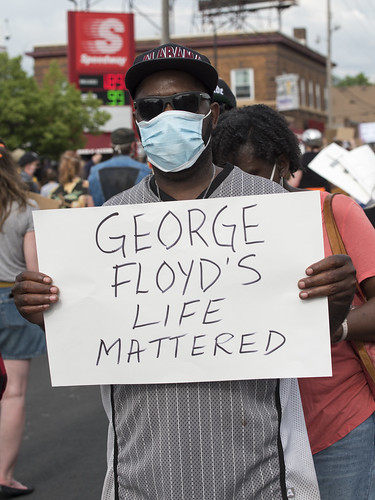From Smirking Chimp
The roar of the .45 shook the room. Charlotte staggered back a step. Her eyes were a symphony of incredulity, an unbelieving witness to truth ..."How could you?" she gasped.I had only a moment before talking to a corpse, but I got it in.
"It was easy," I said.
"I, the Jury," Mickey Spillane
"It was easy." That's what an uncle of mine said, too, when he talked about his experience of hand-to-hand combat in World War II. He thought that anyone who had killed someone, even in the line of duty, should be isolated on an island somewhere. Once you find out how easy it is to kill, he said, you should be kept away from the rest of humanity. And when you do it in close quarters, with a knife or garrote, when you can feel your enemy's last breath on your skin " he didn't finish the thought.
My uncle's idea was extreme, of course, and no doubt reflected an inner struggle, since he was more sensitive than most. But when you've been involved in more than one act of uniformed violence, it certainly warrants some sort of intervention. Derek Chauvin stayed on the street, a gun at his hip and the power of the state at his back, until he slipped up and killed on camera.
And there's the bigger question: What do we do with a nation that keeps killing?
Why do we tolerate the killing? Perhaps it's because, in white American culture, we've been programmed for it.
Many in my uncle's generation came back from war flush with the feel of the kill. Spillane's novel was written in those postwar years, its revenge fantasy built around the murder of the hero's best friend, "the guy that shared the same mud bed with me through two years of warfare in the stinking slime of the jungle." Once discovered, the woman takes off her clothes and tries to seduce him, but he shoots her in an explicitly para-sexual way instead.
The same conflation of sex and murder informed other postwar noir novels, like Jim Thompson's The Killer Inside Me, a tale so extreme I've could never finish it. It was in the magazines I saw in a Rust Belt barbershop as a little boy, like True Detective ("No Mercy For Mary! Pretty Chicago Brunette Loses Her Fight Against a Killer") and Police Gazette ("Little Girl With An Arrow Through Her Heart"). It was there in all the movies and TV shows that sacralized violent revenge as the highest, and most pleasurable, expression of the self.
The police ranks, it's now clear, are filled with people who lust for this sexualized violence. So is the right, from the White House down.
It's easy for self-described liberals to disdain such things. Then we watch the same movies, cheer the same acts of vengeance. Writer and entertainer Spike Milligan described his feelings as a victorious soldier at the end of World War II:
"Here was I, anti-war, but like the rest of us feeling the exhilaration of the barbarian."
(Note: You can view every article as one long page if you sign up as an Advocate Member, or higher).






